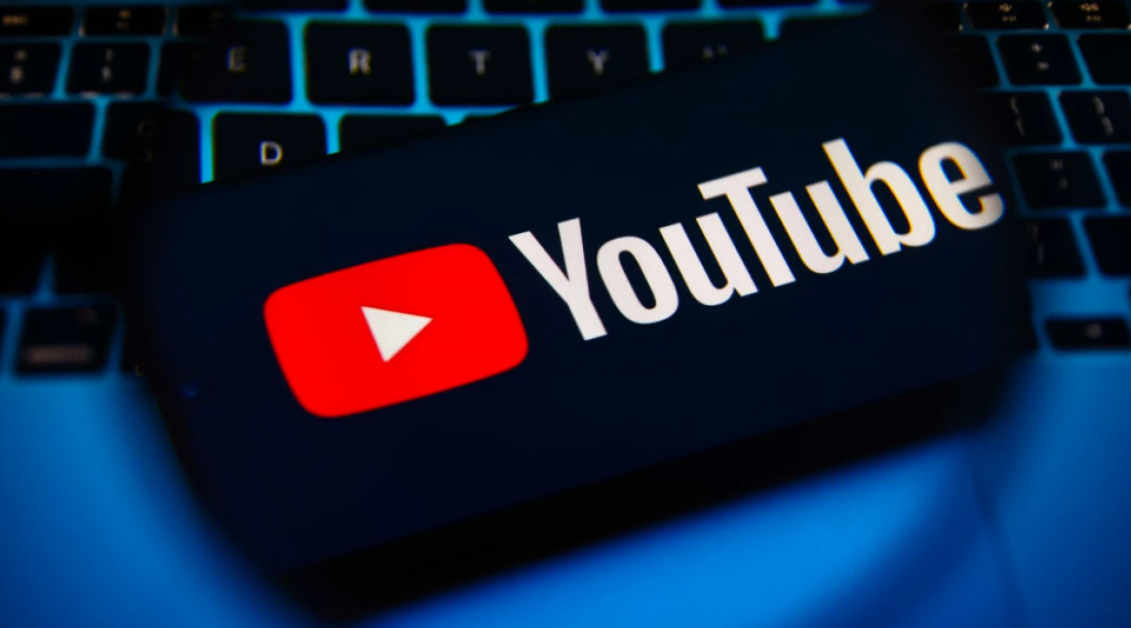YouTube to pay Trump $24.5 million for blocking his account
30 September 12:23
YouTube, owned by Alphabet, has agreed to pay $24.5 million to settle a lawsuit filed by Donald Trump after it was blocked on social platforms in January 2021, following the storming of the Capitol on January 6. This is reported by "Komersant Ukrainian" with reference to CNN.
This makes YouTube the last of the three major social networks to enter into a settlement agreement with Trump. Earlier, Meta (Facebook and Instagram) and X (formerly Twitter) reached similar agreements.
Details of the deal
According to court documents, YouTube will pay:
- $22 million to the non-profit organization Trust for the National Mall, which is engaged in the preservation and development of the National Mall in Washington, DC;
- $2.5 million to other plaintiffs, including the American Conservative Union.
YouTube declined to comment on the case, but confirmed the settlement through court documents.
Trump’s reaction
Donald Trump called the company’s decision his “huge victory”, writing on Truth Social:
“This huge victory proves that censorship by big tech companies has consequences.”
Earlier, Meta agreed to pay Trump $25 million, and X (Twitter) – about $10 million, according to The New York Times.
How the case arose
After the events of January 6, 2021, Trump’s accounts were blocked due to his posts, which, according to social media, could have provoked further violence.
At the time, lawyers noted that such lawsuits were unpromising, as social networks have the right to independently determine the policies of their platforms.
However, the situation has now changed – since Trump’s return to power in January, tech giants have begun to demonstrate a more conciliatory stance, and in some cases even support.
Social media policy has changed
After Elon Musk acquired Twitter (now X) in 2022, he reinstated Trump’s account.
Meta did the same in February 2023, and YouTube in March.
CEOs Mark Zuckerberg (Meta), Sundar Pichai (Alphabet), and Elon Musk (X) attended Trump’s inauguration, and social networks have gradually reduced the amount of content moderation that was previously criticized by Republicans as “censorship.”
Last week, YouTube also announced that it will return some of the previously blocked accounts that were removed under rules that no longer apply, including those for spreading disinformation about the 2020 election.
In a statement, the company emphasized that it values conservative voices and recognizes their role in public debate.









